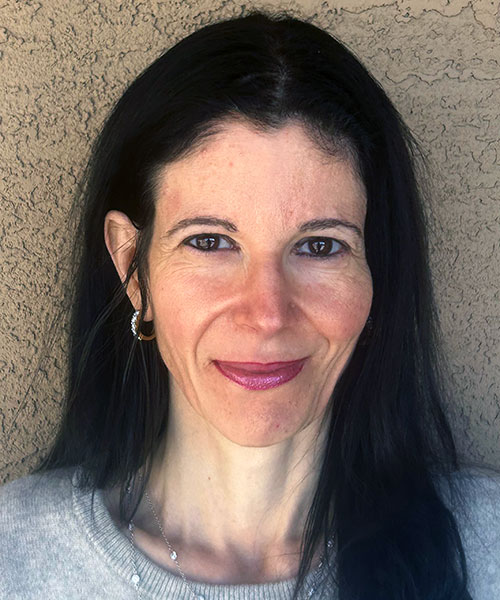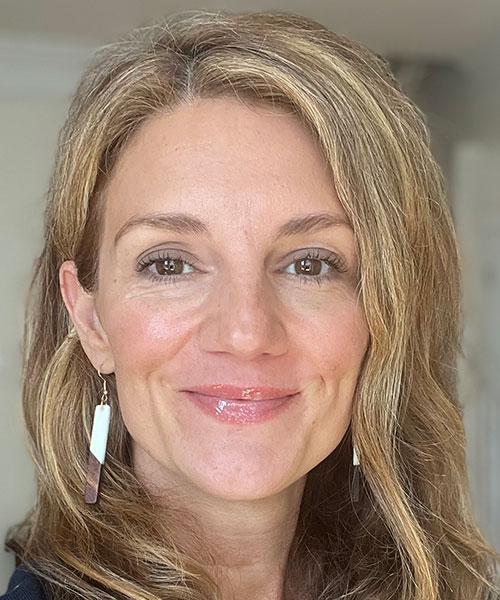Social wellness is one of the most overlooked aspects of mental health and addiction recovery. At its core, it refers to the quality of your relationships and your ability to build and maintain meaningful connections. This Social Wellness Month we’re reiterating that although therapy and lifestyle changes play critical roles in healing, your social environment is equally powerful.
At EHN Health USA, we view social wellness as a central part of care. Our virtual programs integrate clinical expertise with opportunities for connection because healing happens best in safe, supportive relationships.
What Is Social Wellness?
Social wellness is the ability to interact with others in healthy, respectful, and supportive ways. Having strong social wellness means you can:
- Build relationships that provide emotional support and accountability.
- Set and maintain healthy boundaries.
- Seek and offer help when it is needed.
- Feel a sense of belonging in communities that matter to you.
When social wellness is neglected, people often experience isolation, loneliness, and increased risk of depression, anxiety, or substance use. However, substance use and mental health conditions can cause social isolation and loneliness.
Social Wellness and Recovery
Social isolation can intensify cravings, worsen mood disorders, and increase the risk of relapse. Conversely, strong social networks protect against stress and improve outcomes in both mental health treatment and substance use treatment. That is why relapse prevention planning often emphasizes accountability partners, peer groups, and structured connections alongside individual therapy.
How EHN Health USA Supports Social Wellness
Our outpatient and intensive outpatient programs are built with connection in mind.
- Small groups, real connection: We keep group sizes small so that every participant has space to share and receive feedback.
- Focused group options: Women, men, professionals, and trauma survivors can join groups that reflect their lived experiences.
- Therapist-led support: Licensed clinicians guide group discussions, ensuring safety, relevance, and clinical depth.
- Aftercare connection: Graduates can join continuing support groups to maintain accountability and relationships beyond the core program.
These opportunities are an intentional part of treatment because belonging improves resilience. Our telehealth platform combines flexibility with accountability, ensuring that treatment supports both your individual needs and your social well-being.










